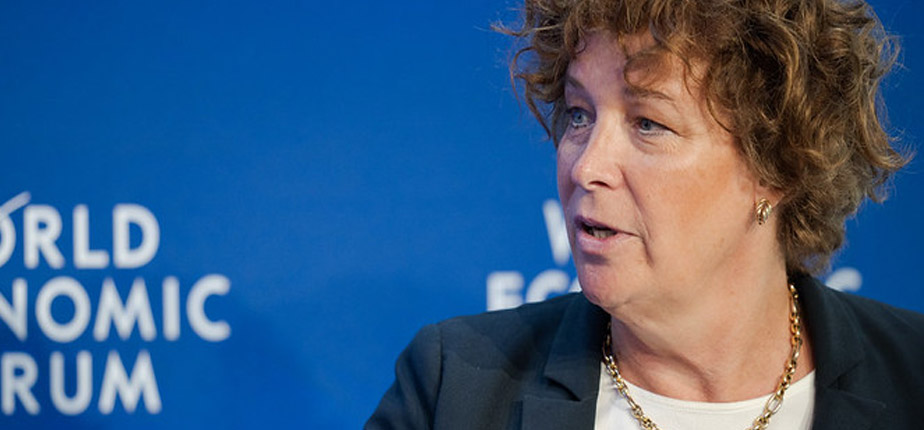
Elham Asaad Buaras
Belgium’s Deputy Prime Minister, Petra De Sutter, has called on the Federal Government to impose sanctions against Israel in response to its actions in Gaza. “It’s time for sanctions against Israel,” De Sutter declared on X (formerly Twitter) on November 6. She criticised the “inhumane” airstrikes on Gaza and pointed out that Israel has been ignoring international demands for a ceasefire. “I am calling on the Federal Government to sanction Israel,” she wrote.
In a press release, De Sutter urged the EU to suspend its Association Agreement with Israel and called for a ban on importing goods from illegal settlements in the Occupied Territories. While condemning Israel’s actions, she also criticised Hamas, demanding the release of over 200 hostages taken during its October 7 incursion into Israel. Labelling Hamas a “terrorist organisation,” she stressed the need for sanctions against its financiers and called for continued efforts to secure the hostages’ freedom.
De Sutter’s remarks align with growing support within Belgium’s “Vivaldi” coalition for boycotting goods from the Occupied Territories. Five of the coalition’s seven parties, including the Flemish Christian Democrats (CD&V), two socialist parties (Vooruit and PS), and two environmental parties (Ecolo and Flemish Greens), back the measure. However, the Flemish liberal party (Open VLD), led by Prime Minister Alexander De Croo, opposes it, while its French-speaking counterpart (MR) has openly criticised the idea. MR President Georges-Louis Bouchez warned that a boycott would exacerbate tensions, urging restraint on sensitive issues.
In response to De Sutter’s call for sanctions, Peter Stano, the EU’s lead spokesperson on foreign affairs, explained that any EU-wide sanctions would require unanimous agreement from all 27 member states. He noted that deliberations are confidential and declined to comment specifically on De Sutter’s proposal.
Although sanctions against Israel remain a contentious issue, additional sanctions on Hamas are more likely. Hamas has been classified as a terrorist organisation by the EU since 2003. At a recent G7 meeting in Tokyo, EU High Representative Josep Borrell joined other foreign ministers in a commitment to impose measures that would deny Hamas the financial resources to conduct violent acts.
The EU has stated that while its sanctions are strict and limited to member states, efforts to restrict Hamas’s funding sources extend to non-EU countries where necessary.
Photo: Petra De Sutter, Deputy Prime Minister of Belgium (Credit: Manuel Lope/World Economic Forum, CC)
READ MORE
UK faces diplomatic crossroads amid ICC’s Netanyahu arrest warrants
America’s betrayal: killing the Rule-Based Order in pursuit of political expediency
Call for Justice: inhumane treatment of Fatema, UK’s disregard for Palestinian campaigners
Independent MP condemns UK’s double standards on Russia and Israel in powerful maiden speech
Media’s pro-Israel distorts Amsterdam football violence coverage
Ben & Jerry’s sues Unilever over Palestinian advocacy restrictions
US-made MK-84 bombs in Gaza may prove humanitarian law violations
More than 100 BBC staff accuse broadcaster of pro-Israel bias
Three in four people killed in Gaza war are women and children, reports UN
Qatar withdraws as mediator in Gaza negotiations amid rumours of Hamas exiting the Gulf state
Israel’s finance minister to push for West Bank annexation following Trump’s victory
CNN bans Ryan Girdusky after disturbing remark to Mehdi Hasan during debate